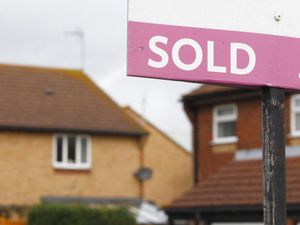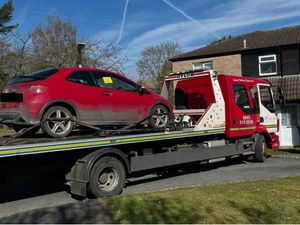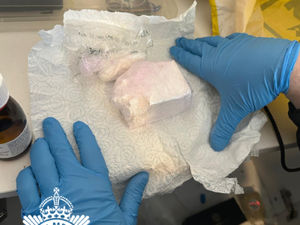Revealed: Telford's poorest dying up to 12 years earlier than richer neighbours
Residents living in poorer areas of Telford & Wrekin could die up to 12 years younger than those in more affluent neighbourhoods.
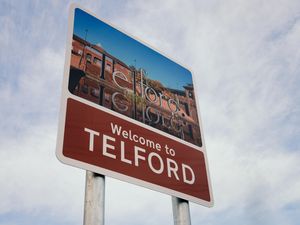
Council chiefs today vowed to tackle the borough's shocking health inequalities revealed by the authority's annual health report.
It has revealed that those in the poorest areas of the borough live, on average, between 7.3 and 4.1 years less than those living in richer parts.
Figures from across the area have highlighted the worst of the divide. Women living in Snedshill are expected to live to 80 on average. Whereas women in Bratton can be expected to live to 92 – a massive 12 years difference.
Men in Hadley have an average life expectancy of 75, whereas men, just a mile down the road in Apley, can be expected to live to 85.
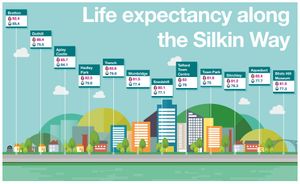
Report author and the council's director of public health, Liz Noakes, said: "This life expectancy gap remains unacceptable and unfair.
"The gap existed before the coronavirus pandemic and may widen due to its long-term impacts and cost of living crisis.
"Inequalities is an issue for the entire country, not just in Telford and Wrekin - addressing this will be a key challenge in the future when improving health and wellbeing.
"Crucial to tackling inequalities is helping people have the best start in life, quality education, good housing and jobs, and opportunities for all, especially for the most vulnerable and excluded people."
The report also revealed the area was significantly worse than the average for England on a range of public health issues.
These include adult and childhood obesity, smoking and alcohol-related hospital admissions, early cancer diagnosis and early deaths in adults with severe mental illness.
Councillor Kelly Middleton, cabinet member for leisure, public health and well-being, equalities and partnerships, said: "The coronavirus pandemic and the cost of living crisis are affecting the health and wellbeing of our poorest residents most.
"As a council, we are facilitating many programmes and initiatives so people can lead happier, healthier, longer lives - but national policy is having an impact.
"We will build upon this work to drive down inequalities and to care for and protect our residents."
According to a council report in 2019, the most deprived areas were Madeley and Sutton Hill, Dawley and Aqueduct, Donnington, Hadley and Leegomery, Woodside, Malinslee and Dawley Bank.
The least deprived were Apley Castle, Priorslee, Shawbirch, Newport, Muxton, Edgmond and Ercall Magna.

